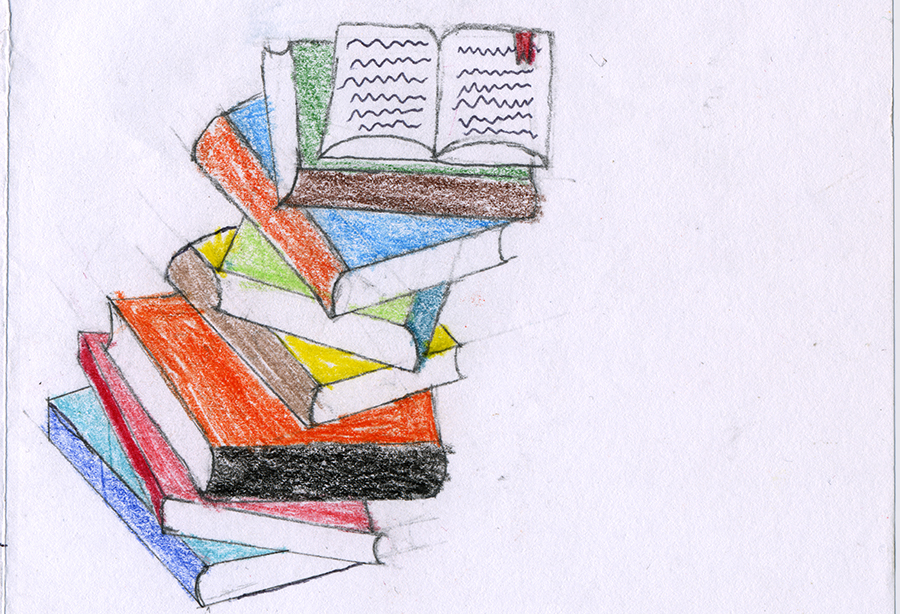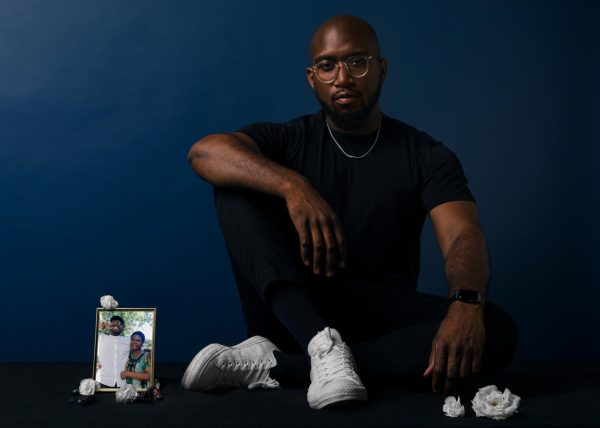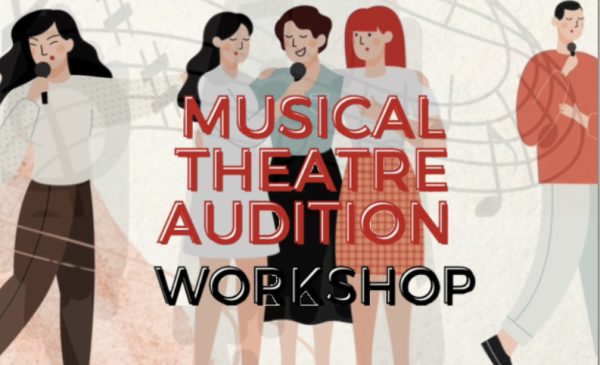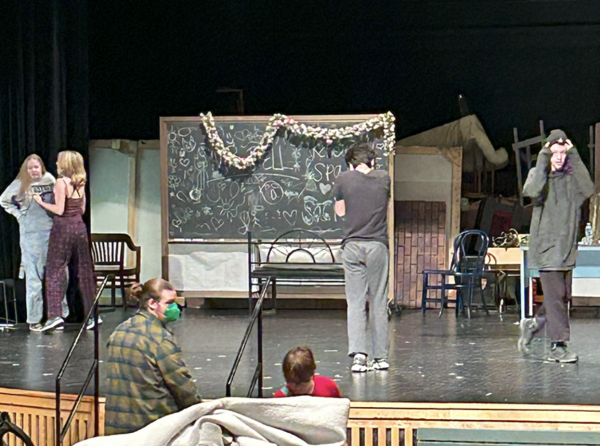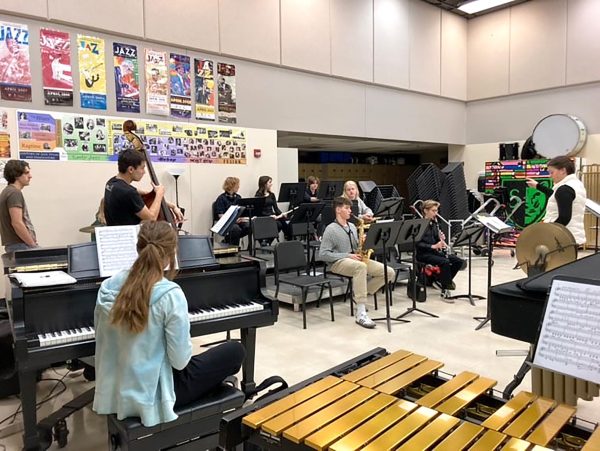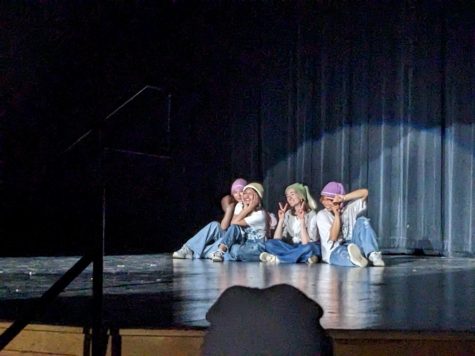South defeats Washburn after neck and neck reading competition
South beat Washburn in an intense competition this past November. However, this wasn’t just any competition, it was a reading competition between the staff of both schools. Elizabeth McMillen, a South staff member who read more than 5,000 pages during the competition said, “Reading, it’s the coolest thing!”
December 9, 2019
In the month of November, rivals South and Washburn faced off in an intense competition. Although it was very close for much of the competition, in the end South managed to pull ahead and win with a serious lead. However, this wasn’t just any competition. It was a reading competition between the schools’ staff. Staff entered the name of the book and the number of pages that they read into an online spreadsheet to track their achievements. The school that read the most pages won, not a trophy or a title, but simply bragging rights.
South beat Washburn, by 13,831 pages! In the end, South had 67,277 pages to Washburn’s 53,446.
The principals of both schools were involved, and Principal Brett Stringer arranged a bet with Washburn Principal Emily Lilja Palmer to up the ante and make it more than just bragging rights. Since South won the competition, Principal Palmer will have to bake Principal Stringer a cake because the Washburn mascot is the Miller. Principal Stringer said that if South had lost, no specific prize was ever guaranteed.
Debra Snell, a librarian at South, arranged the staff competition. She said that she had been wanting to do it for years, but hadn’t gotten the opportunity. This year she contacted the media specialist at Washburn and then confirmed it with the principals. During the height of the competition, Snell said, “I’m personally very stressed because we’ve been neck and neck and I really want to win.” She also added that among the staff it improves camaraderie, knowledge, comprehension, and that people should have fun while doing it.
Elizabeth McMillen, the test coordinator, contributed more than 5,000 pages to the teachers challenge. She is very enthusiastic about books and reading. “It’s reading so, just can’t go wrong!” She notes that she finds many books on The New York Times’ best sellers list. She says that in the morning she checks to see if South is ahead or behind and then reads whatever is needed to be in the lead. Some of the books she read for the challenge included On the Front Line: The Journalism of Marie Colvin, I Will Never See the World Again: The Memoir of an Imprisoned Writer, and more. She is also a fan of spy and mystery novels.
It is possible that the reading competition between South and Washburn will be extended to students in February. “I want to do [the challenge] with students,” said Snell. Principal Stringer confirmed that the teachers are meeting to discuss and plan this possibility more. McMillen is excited by the prospect of a student competition. “I’m always so impressed by how astute and how perceptive and just the things that kids would take away from their reading.” Ida Pountney, a sophomore and member of the book club, thinks that a student competition would be a good idea. “I think it would be so much fun because I love to read.” She also said that many students like to read and would enjoy the competitive aspect of it, especially with the ongoing rivalry with Washburn. Pountney said, “You want to win, I mean who doesn’t like winning?”
This challenge helps to encourage people to read. Snell said, “Books don’t have to be painful!” McMillen agreed, saying that reading should be fun. The staff can be role models for the students by reading.
Some of the English teachers at South have students record the amount of time and the books they read each day. Pountney commented that it can be difficult to record the exact amount of time while reading. Additionally, Snell pointed out, some people like to read in big chunks while others like to read here and there. Recording reading time, rather than pages, is still an alternative option for February.
There was some debate over what counts as reading and what does not. Snell clarified that picture books and graphic novels count with an adjusted four to one page ratio. Pountney’s opinion is that, “Whatever you enjoy reading, you should be able to read.”
Similar to the bet between the principals, there could also be a prize or reward of some type for the school that achieves the most pages read by students. Pountney said, “I think that especially students are super driven by that.” As it would be difficult to provide a prize for the entire school, a reward on a smaller scale might be possible.

